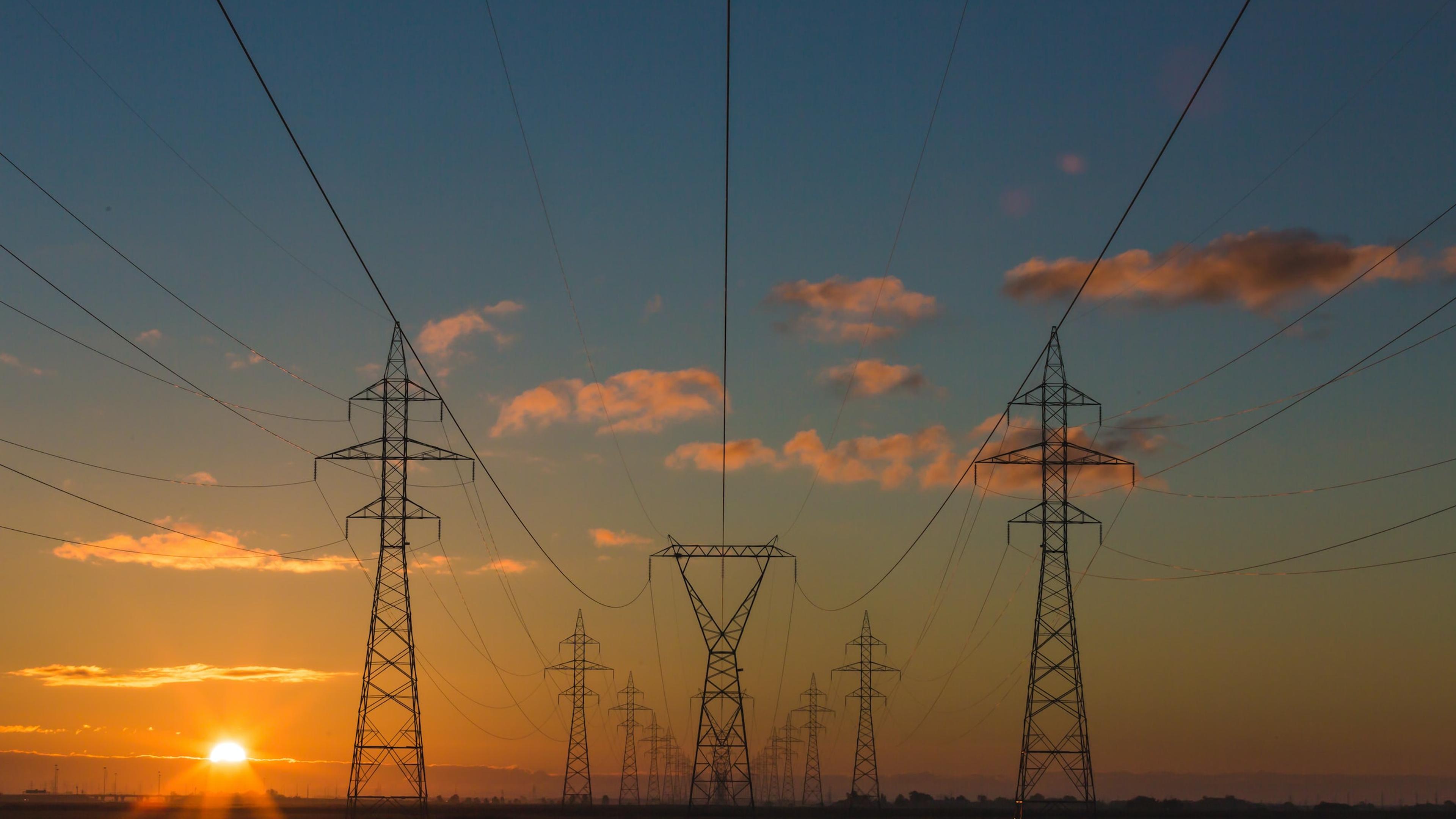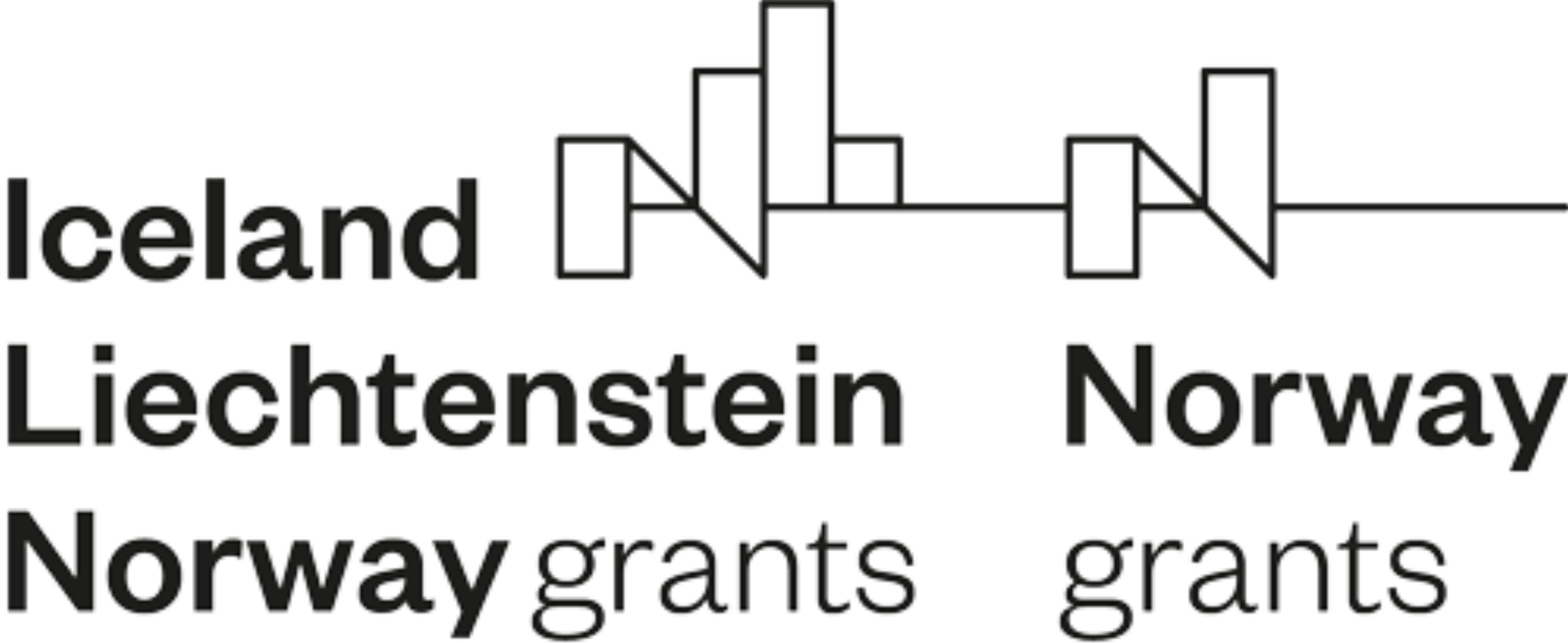Energy Programme in Romania
 © Matthew Henry
© Matthew HenryAbout the Energy Programme
The Energy Programme in Romania consists of five focus areas (more information below). The expected long term programme impact is less carbon intensive energy and increased security of supply in Romania. The programme will also enable the establishment of new businesses and jobs in energy field, which will lead to positive social benefits for local communities.
Further enquires about the Energy Programme in Romania may be done via the programme e-mail address: [email protected]
Objective
The programme objective is to achieve less carbon intensive energy and increased security of supply. The Programme seeks to stimulate and develop long‐term cooperation between Iceland, Liechtenstein, Norway
(“the Donor States”) and Romania (“Beneficiary State”) and is encouraging bilateral Donor Partnership Projects.
Programme area specifics
- Programmes targeting greenhouse gas reductions and/or avoidance through energy efficiency measures shall deliver considerable reductions at a reasonable cost; a maximum of 150 EUR grant per tonne CO2 equivalent per year reduced/ avoided should be aimed for;
- Priority shall be given to bilateral partnerships offering added value.
Fund Operator: Innovation Norway
Programme budget: € 62,826,500
Beneficiary State Programme Partners:
Ministry of Environment in Romania
Donor Programme Partners:
Norwegian Water Resources and Energy Directorate (NVE)
National Energy Authority (OS)
Important Information and fact sheets
Timeline for launching Calls: Timeline for launching Calls. (Updated on 17.05.2021)
Fact sheet: Call 3.1: Other Renewable Energy Sources
Recording of the event: Webinar and Matchmaking: Green Opportunities with the EEA and Norway Grants (innovasjonnorge.no)
Focus areas
- Renewable Energy
- Increased Renewable Energy production
- Energy Efficiency
- Reduced CO2 emissions in all sectors (Energy Efficiency).
- Research & Development
- Enhanced research and development capacity on renewable energy, energy efficiency and energy security
- Training and Awareness
- Increased knowledge on renewable energy, energy efficiency and energy security in all sectors of society
- Electrification of households
- Increased access to electricity for households in areas where connection to the electricity network is not feasible
